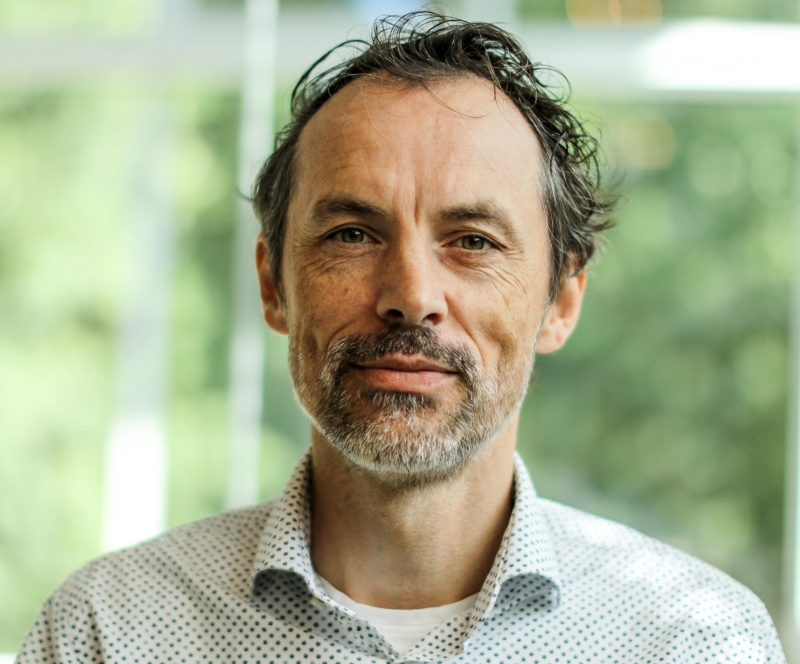Transparency in manufacturing: “Eindhoven is still at the forefront”
“Sharing knowledge is important in the manufacturing industry, we want to involve customers in developments in our production. Conversely, it is also important that our professionals understand why a certain specification is requested by a customer, why something must be completely clean, for example.”

Dirk Dona is director of the Precision Parts division of Settels Savenije Group, formerly known as Bakker Fijnmetaal. He translates the wishes of the customers to his colleagues: “If customers want a certain level of cleanliness, it is important to know why that level is necessary. Our colleagues will then understand why they have to wear gloves, for example. By making the entire chain transparent, you increase the quality of the total product life cycle. We try to do that together with the customer, if they want to of course.”
How do customers usually respond to that transparency?
“Customers almost always respond positively to our proposal to share knowledge; the difference is that one OEM has more freedom to do this than another. The medical sector, for example, is quite closed, where there is often little room to change processes. I’ve noticed that good examples always come to the surface when you put your heads together. After all, nobody owns all knowledge, you have to work together. Also across borders.”
“Half of our turnover comes from outside the Netherlands, where people often think differently about transparency and sharing knowledge. You have to learn to deal with this and adapt to it. But I notice that the whole world is becoming more and more transparent, except perhaps for very secret projects. In the Netherlands we are very good at sharing knowledge, especially in the Brainport region.”
“As Settels Savenije Group we all recently are established at Strijp-T, I am proud of that. When I was in school, we had an excursion to the glass factory of Philips at Strijp-T, it feels magical that we are now moving next to it. My technical background comes in handy in this melting pot of cultures and expertise.”
What is your background?
“I am originally an instrument maker, but I have always really enjoyed being at the threshold between technology and commerce. In our market, it is important that you can talk to customers about technical topics. I also like to do that, I've always been working with technology, but also with customers. I want to understand what their challenge or problem is, translate that into our production and both profit from it.”
“I also want to discover new worlds on the technical side, I am always a little more ‘techie’ than commercial, I prefer to think 'out of the box'. For example, I recently wondered why we as a manufacturing industry could not be like Amazon, deliver within 24 hours. Especially because we work with a small group of regular OEM customers, you should be able to predict what their needs are. Thinking from a sales perspective is very interesting to me, where will we be in five years' time? I like discuss these subjects with my customers.”